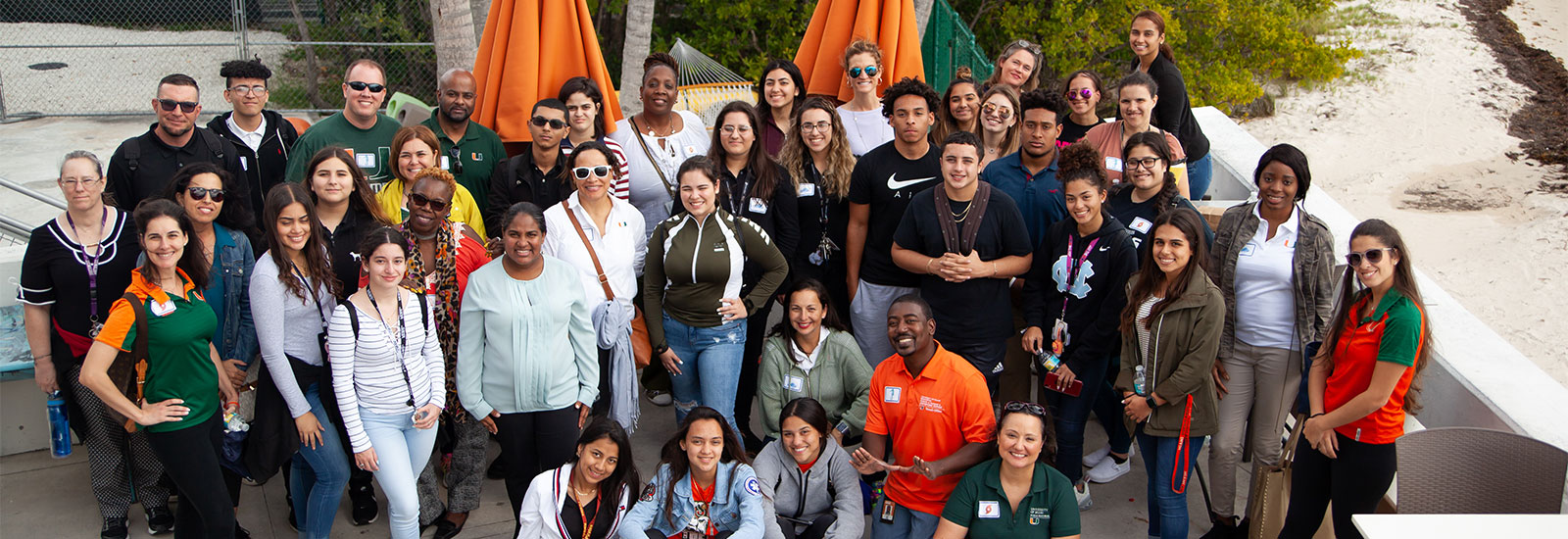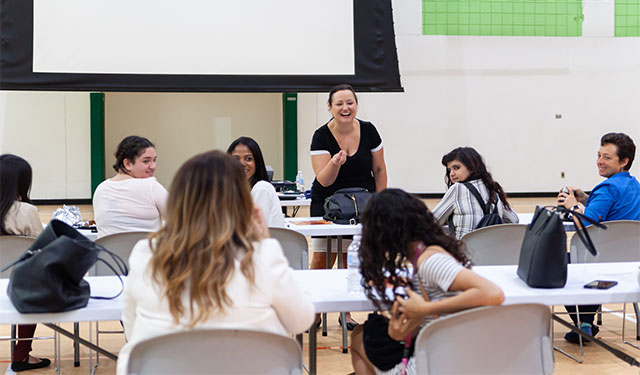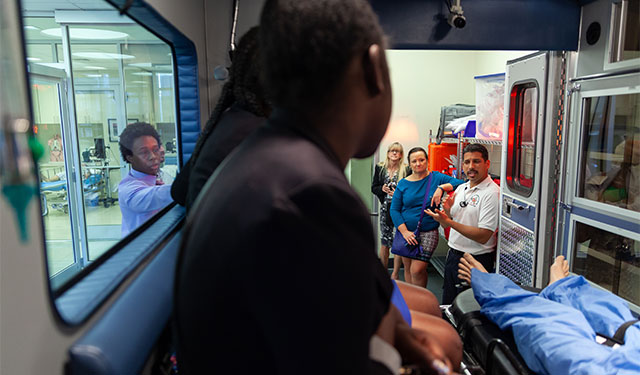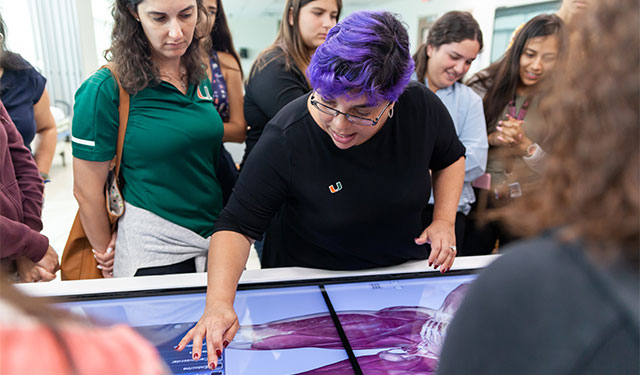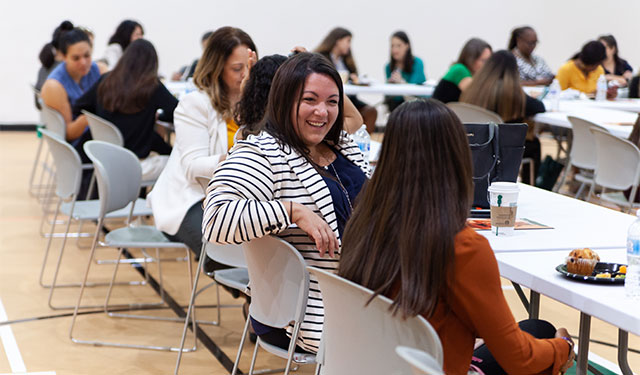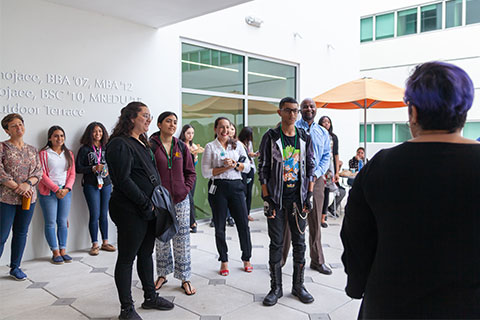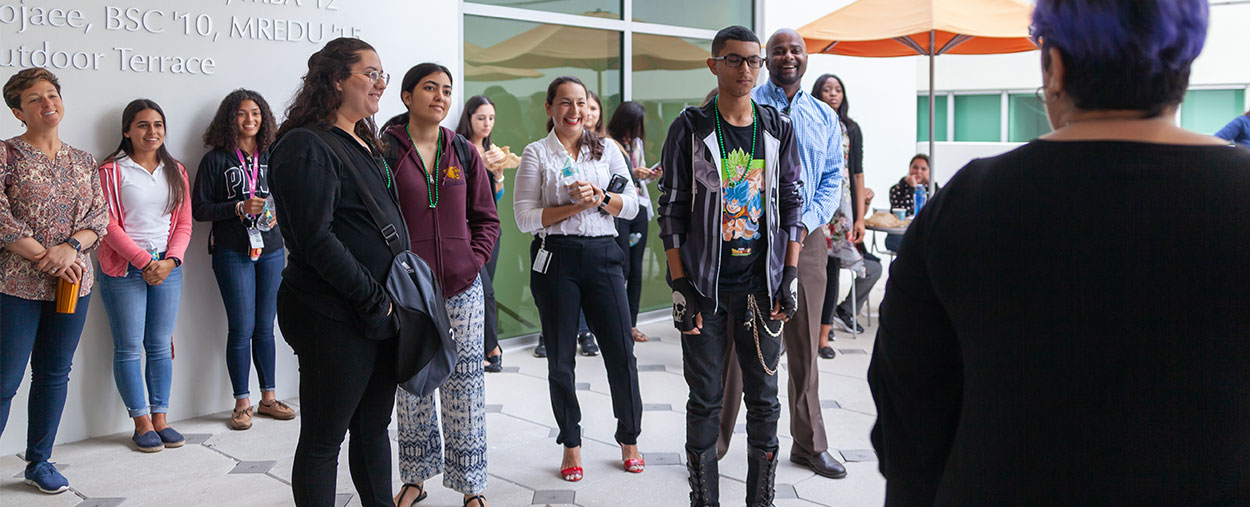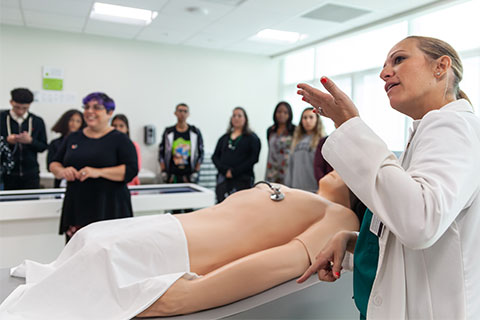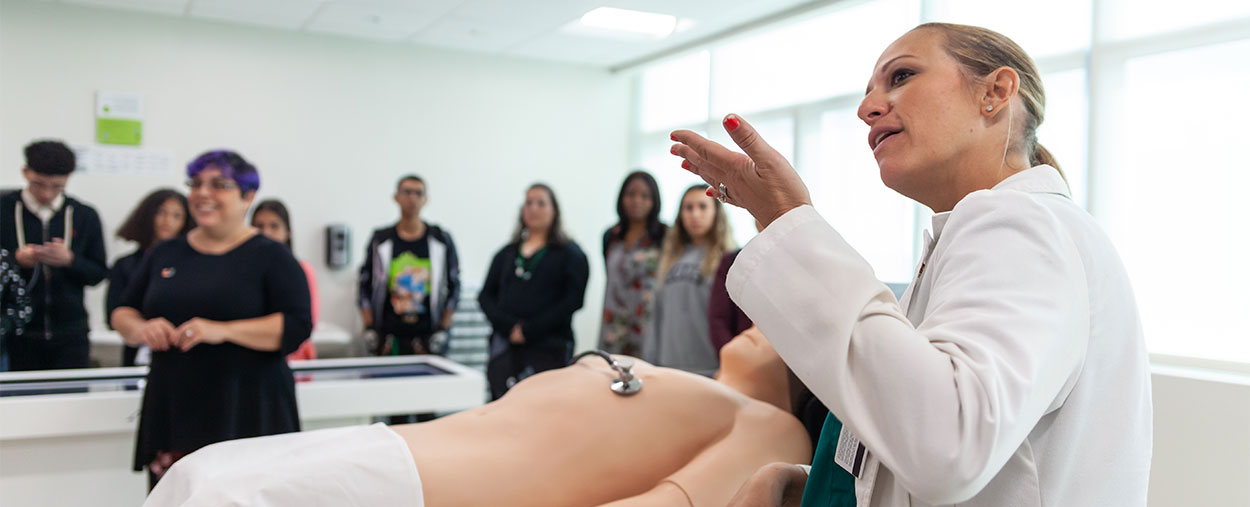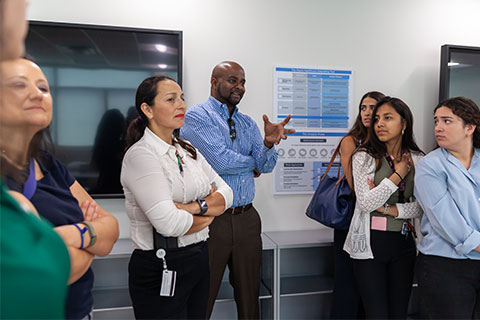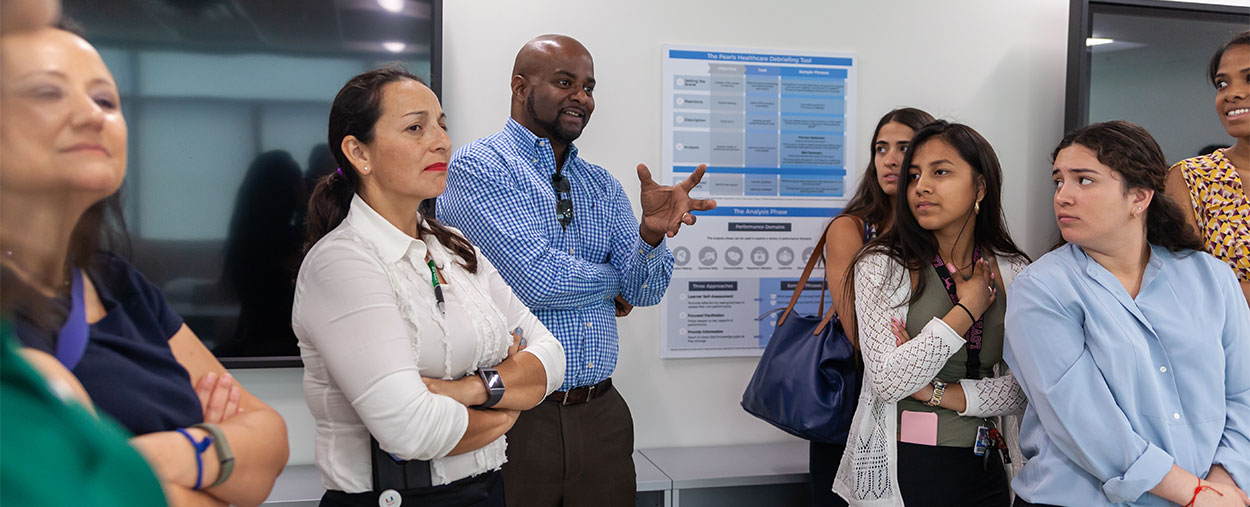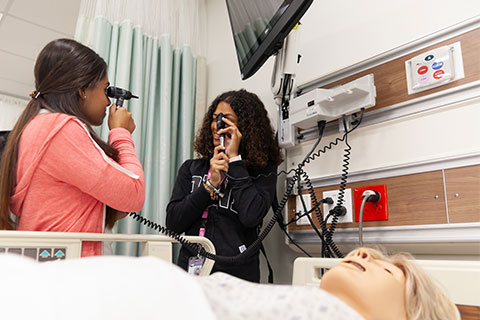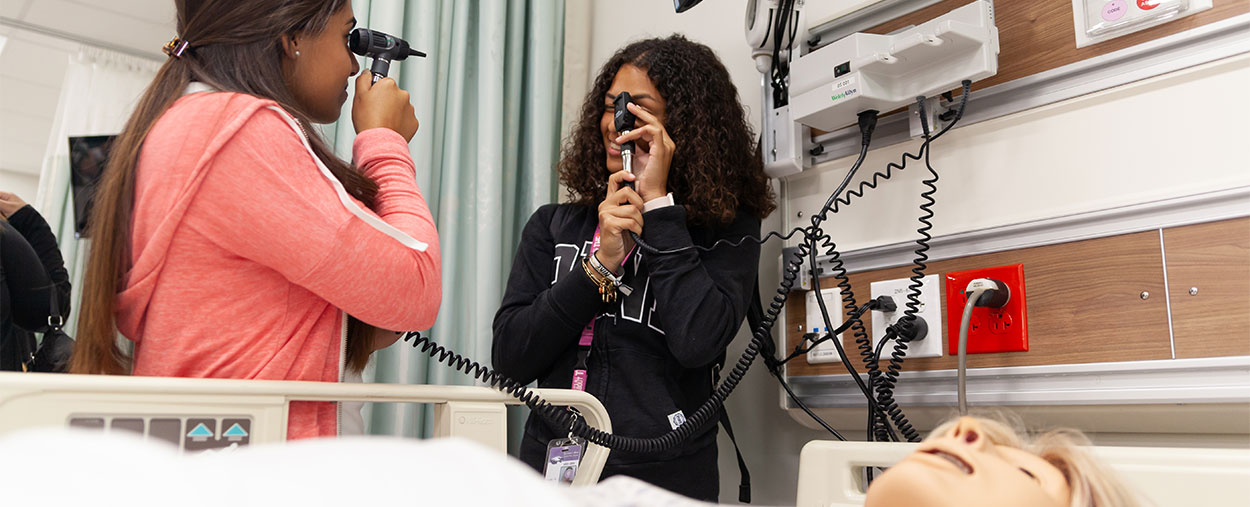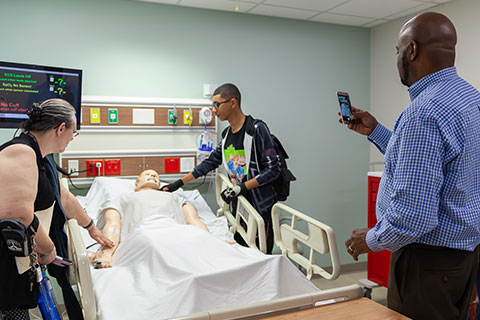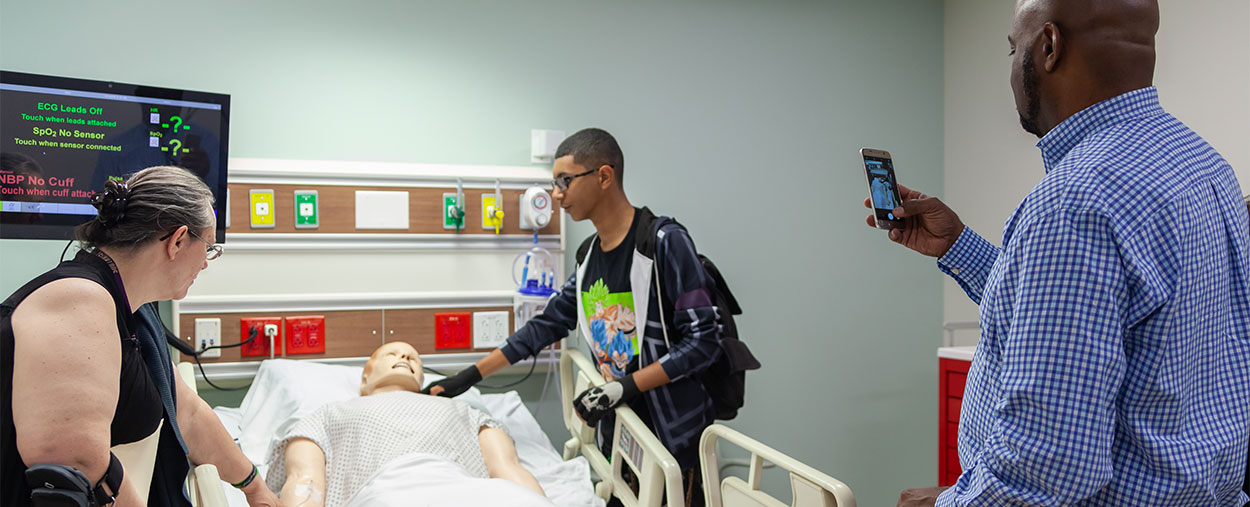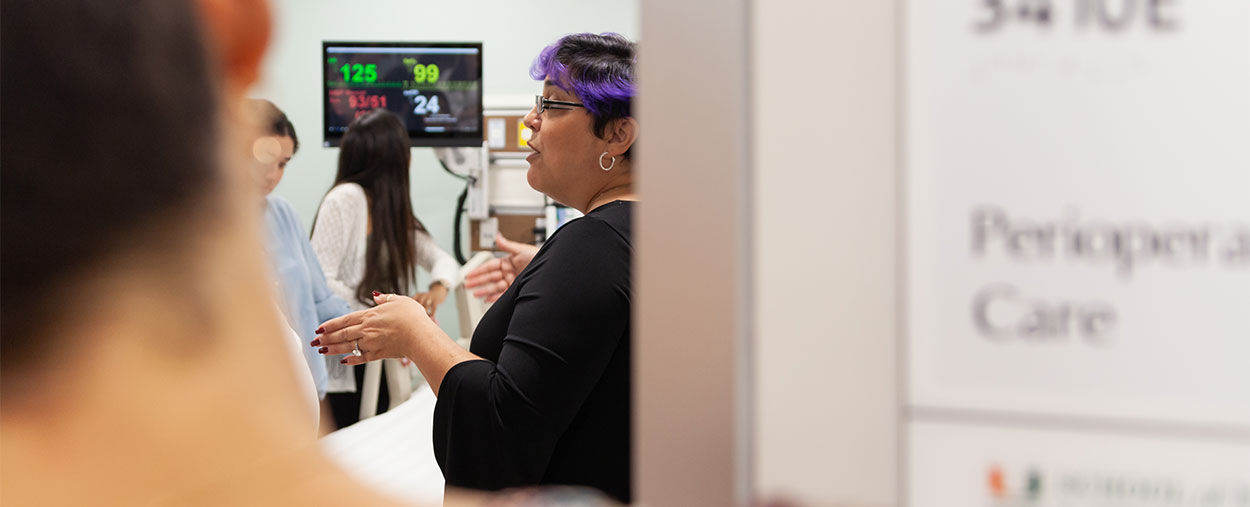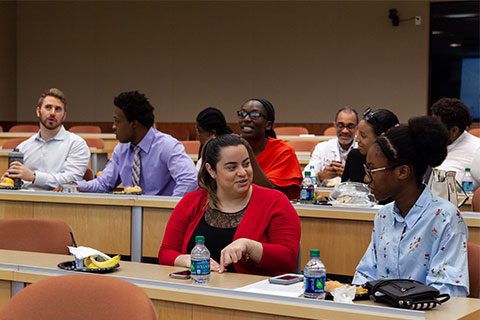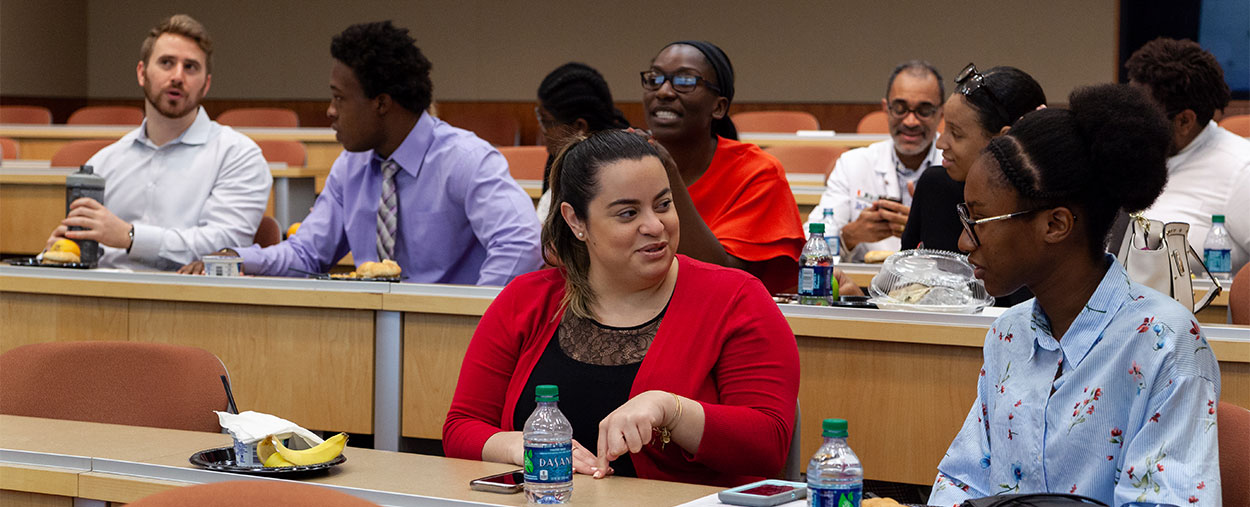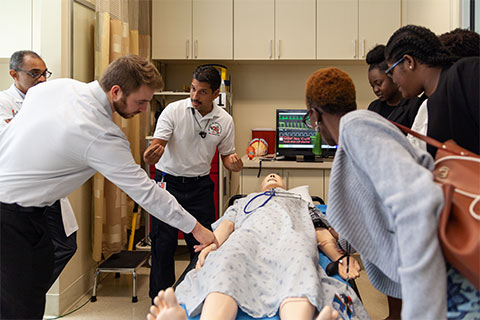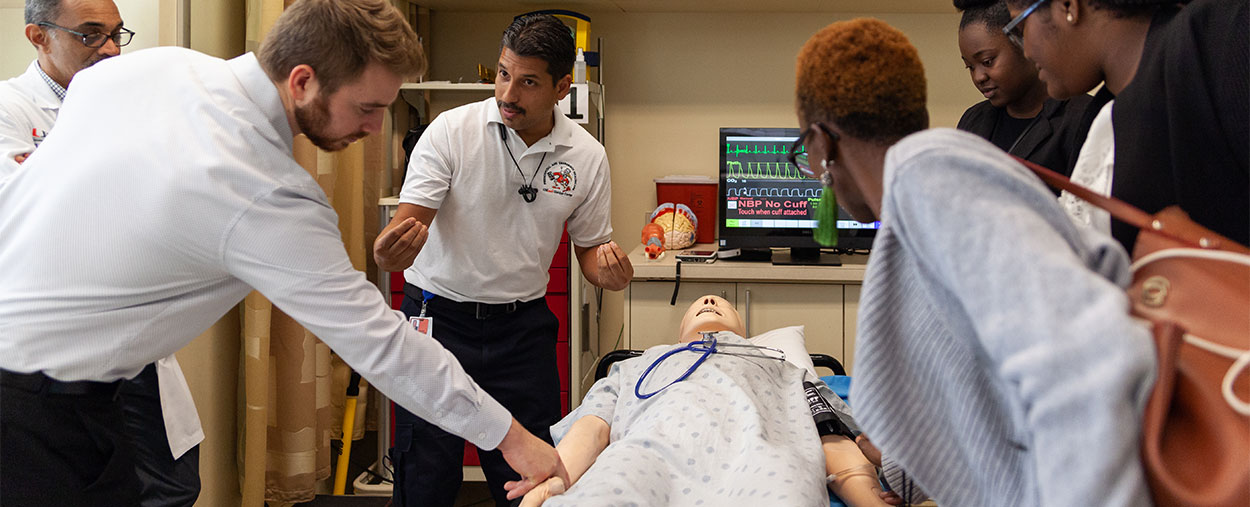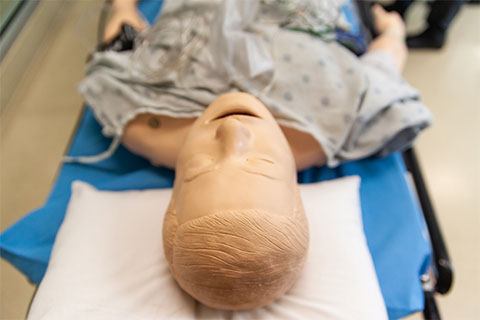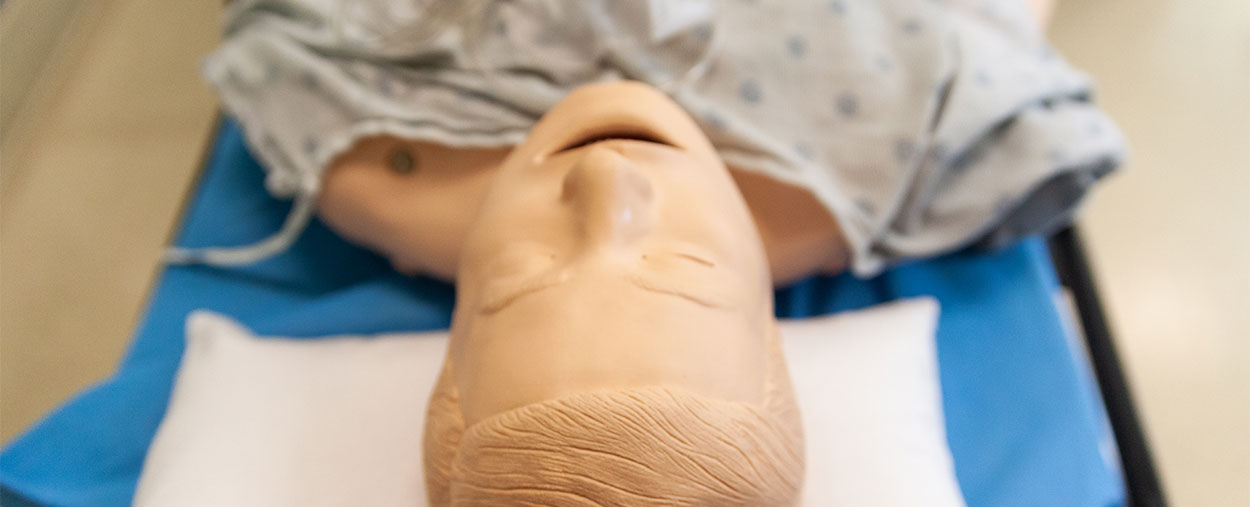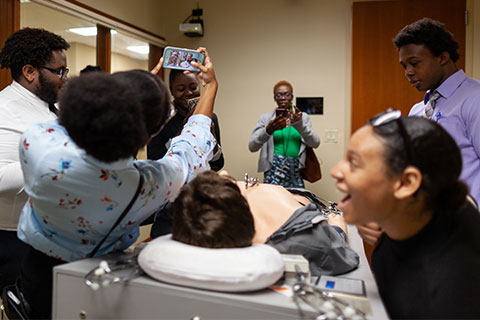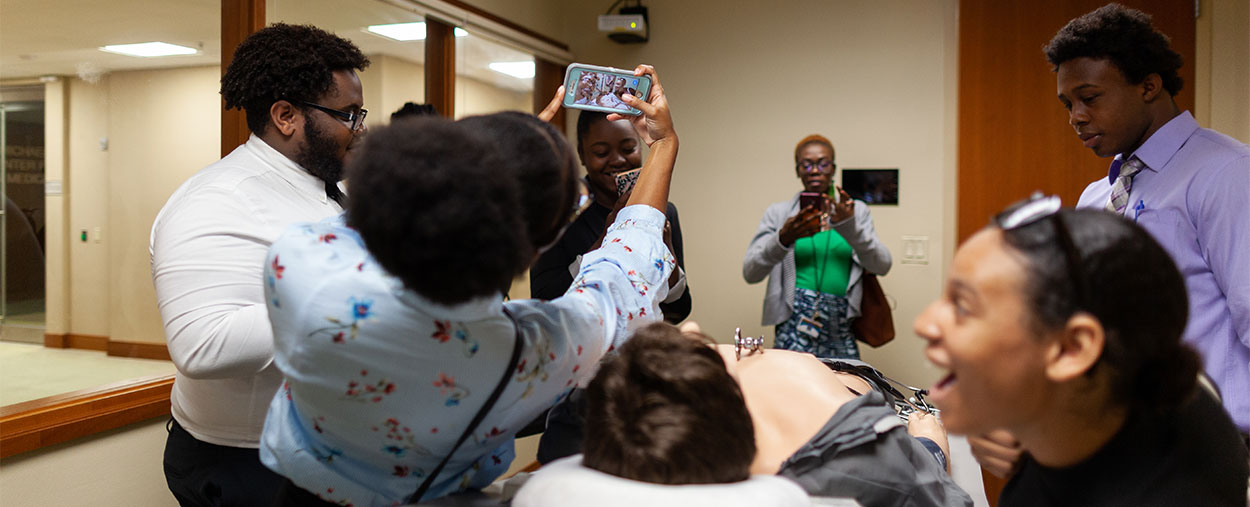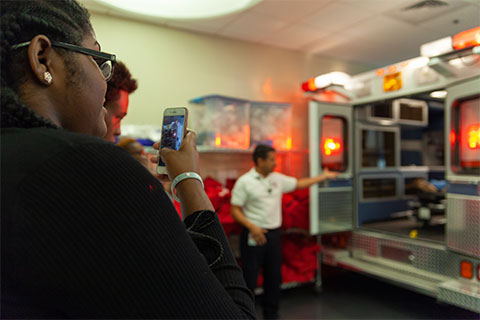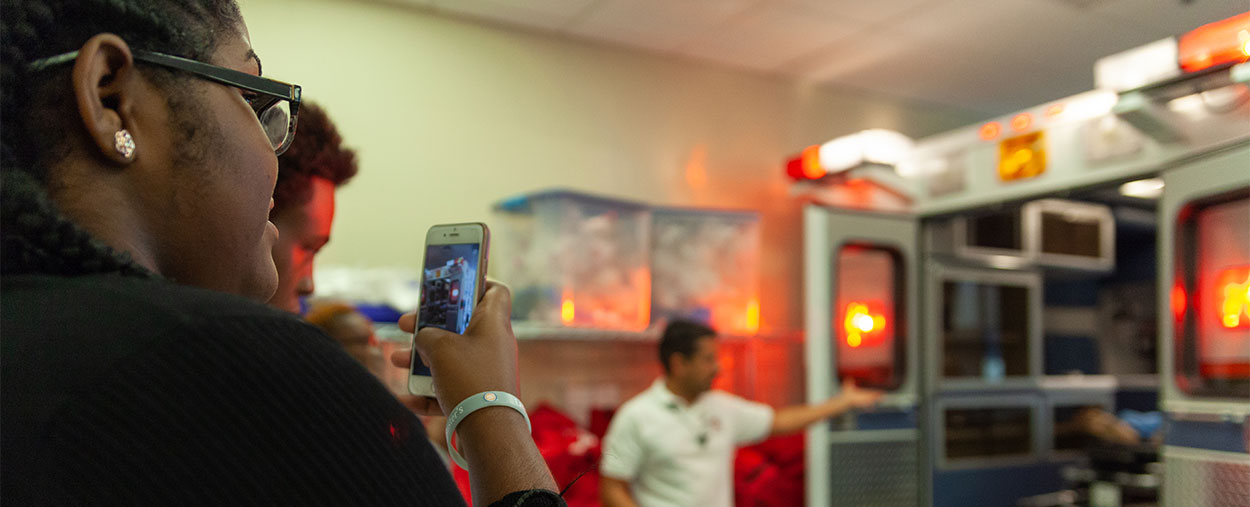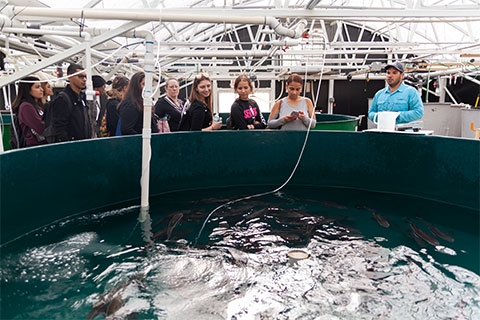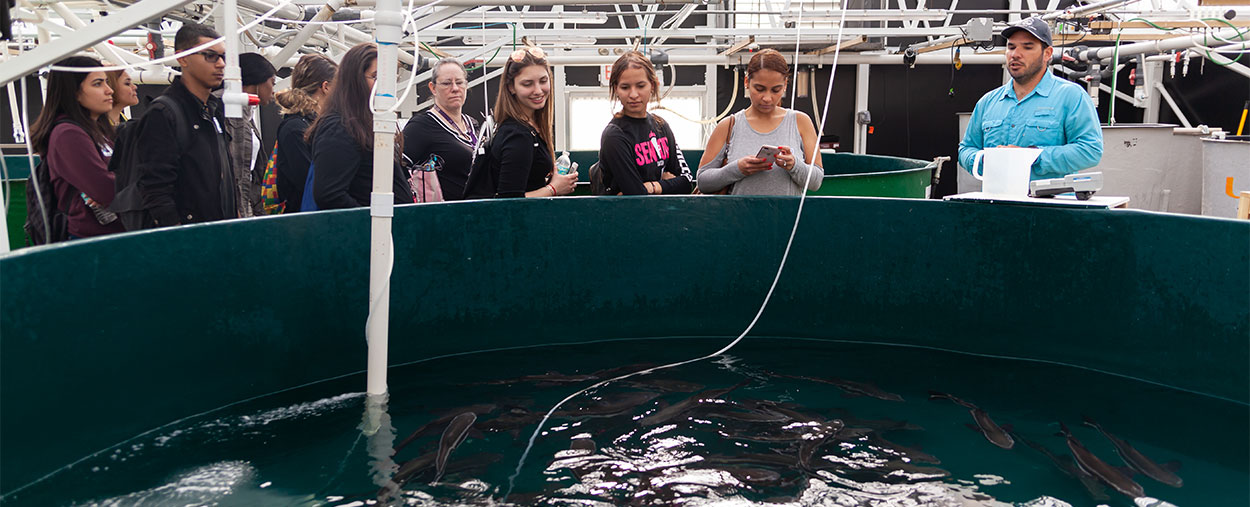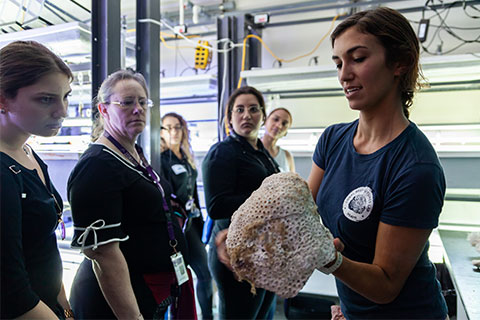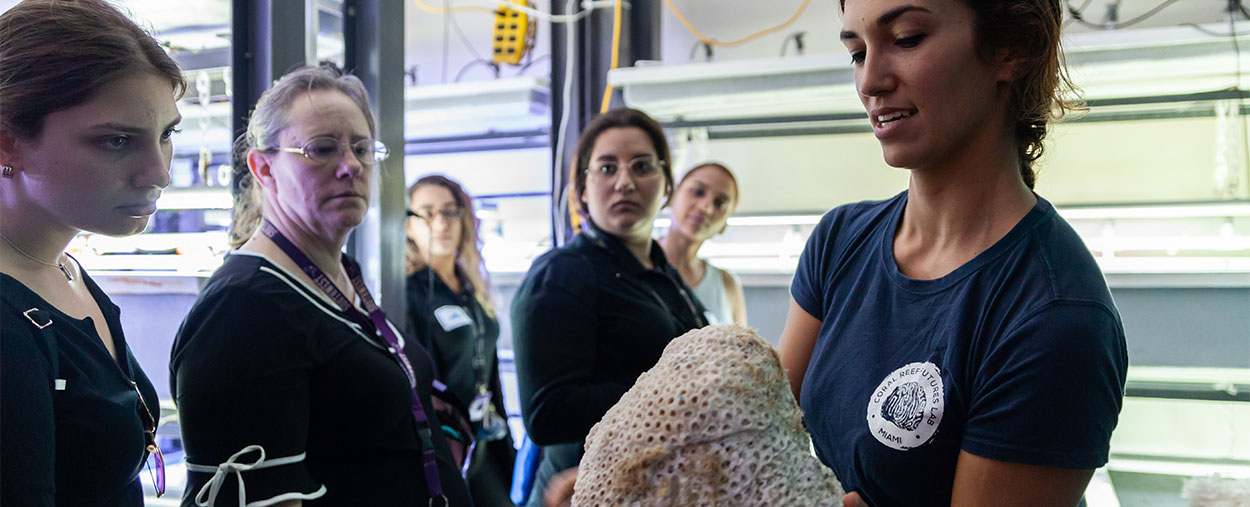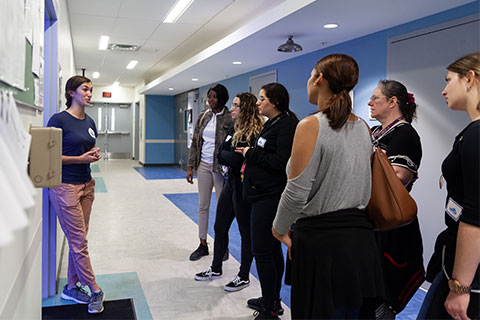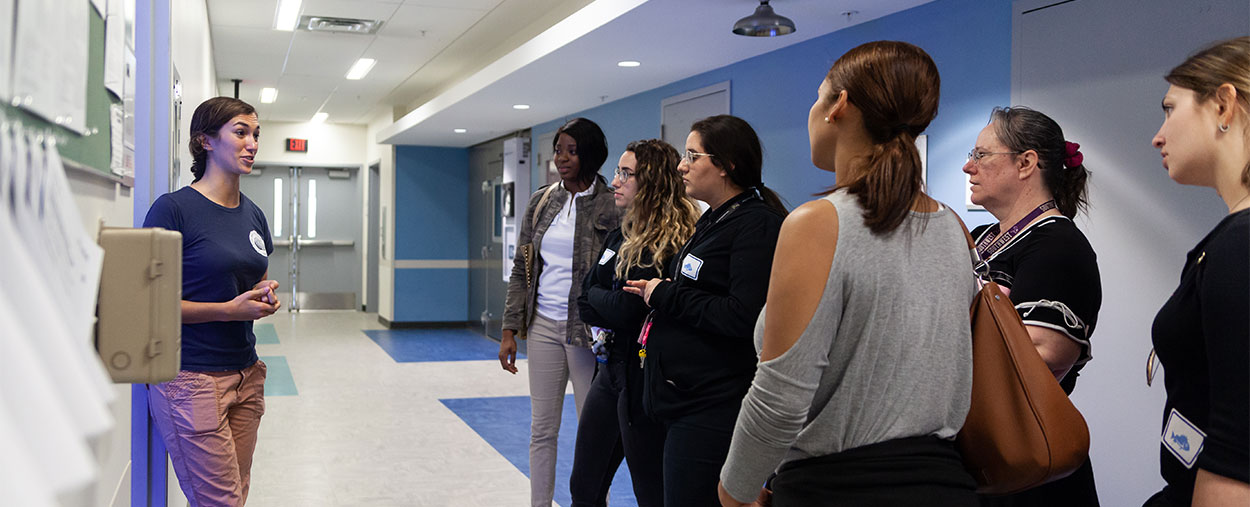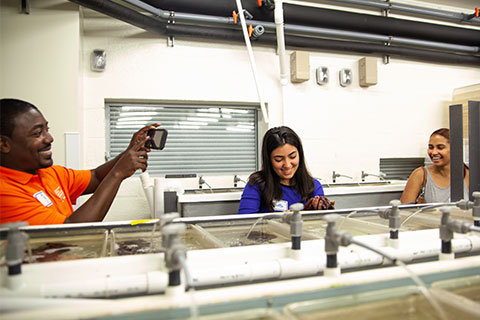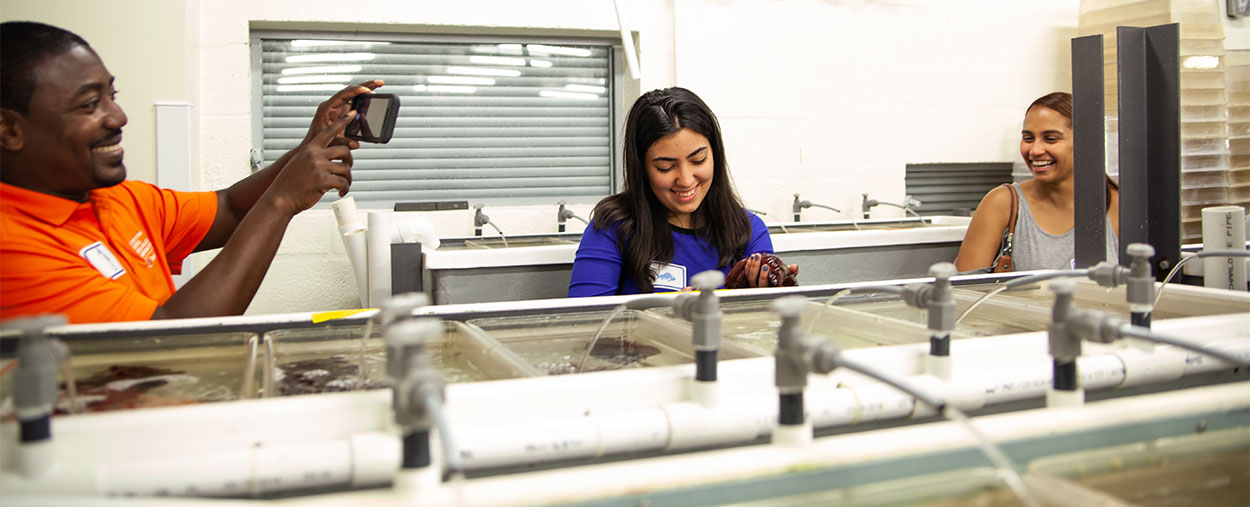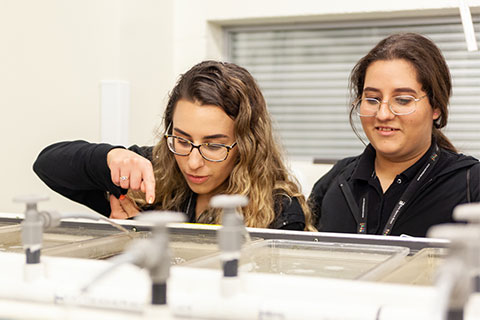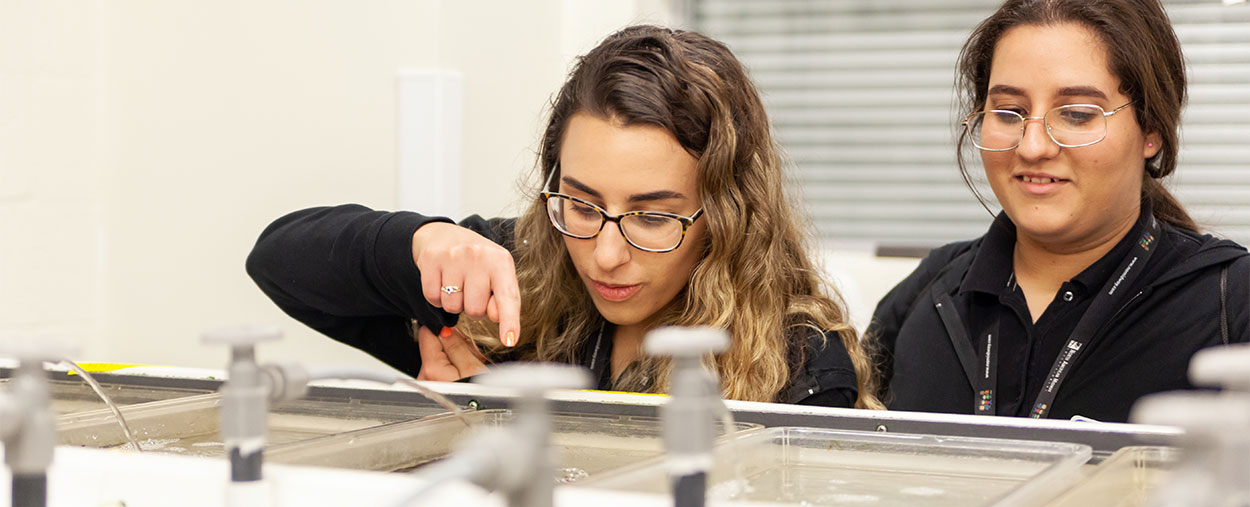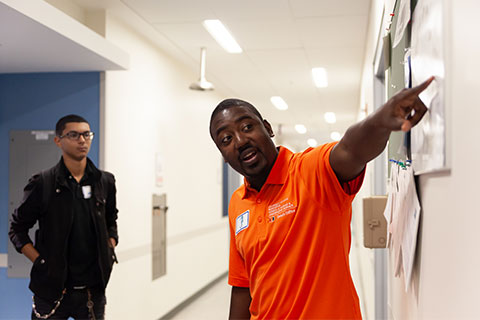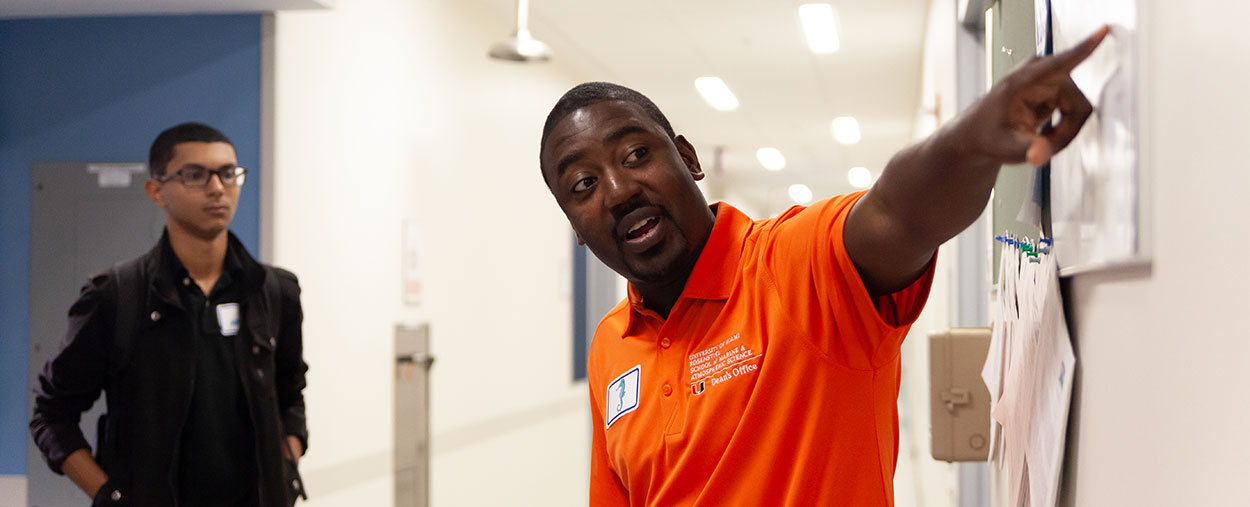by BRITTNEY BOMNIN
Life@TheU
04-22-2019
CORAL GABLES, Fla. – As one of the few departments that serves every single entity and stakeholder that the University touches—faculty, staff, visitors, students, donors, and trustees—the team at UM parking and transportation has a unique opportunity to interact with ’Canes from across the community. The team works closely together to make the parking and mobility experience pleasant for all.
So in August 2018 when Richard Sobaram, executive director of parking and transportation, was asked by his colleagues to participate as mentors in Big Brothers Big Sisters (BBBS), they knew he would sign off—and sign up to join them as mentors.
“I have the best job at the University of Miami and I mean that,” said Sobaram. “I work with a team that tries to help make people’s lives better. I support my team in what they do; that’s my job.”
Having been a “big”—defined as a regular person without any special degrees or job skills who wants to positively impact a young person—five years prior as part of the School to Work program at the U, Sobaram admits that if he were doing it alone, he would not have thought about the small touches his colleagues contribute.
In February, Doris Enamorado and Lluvia Resendiz, managers in parking and transportation, prepared personalized heart-shaped chocolate candies, which the three mentors each gifted to their “littles” the day before Valentine’s Day during their monthly campus visit. “My little was taken aback that I wrote his name correctly because his name has a unique spelling,” said Sobaram. “It was a small gesture, but it made an impact.”
Sobaram emigrated from Jamaica a shy, 17-year-old with a thick accent, and over the years, has transformed into the outgoing, supportive leader his team has grown to know well and appreciate. Since his first role at the U, which involved overseeing a student-run night security program in the residential colleges, Sobaram has had much experience working with students. During the 15 years he spent managing a team of 80 students, he met more than 1,000 young men and women and saw their transformation as college students.



